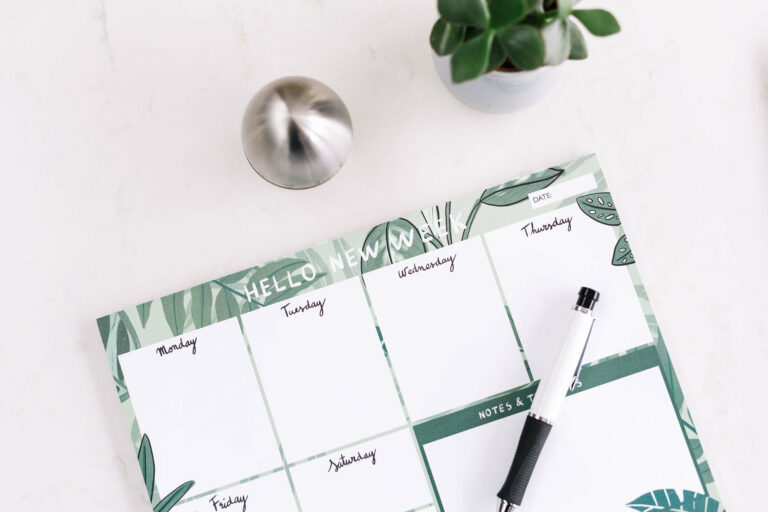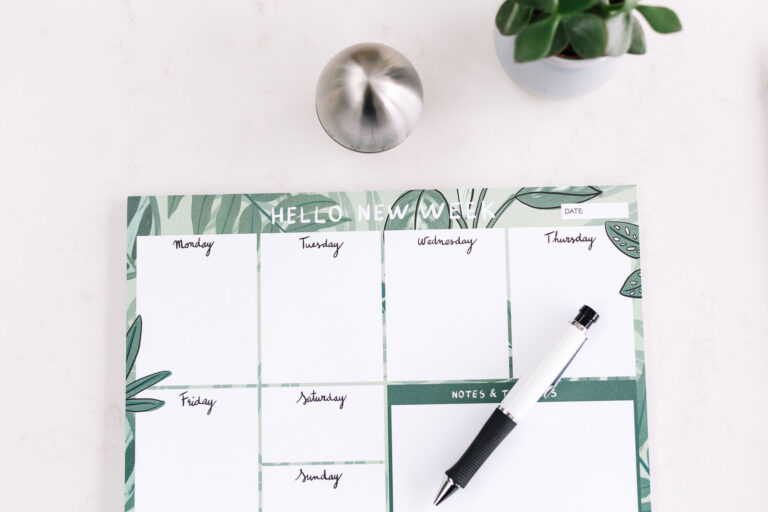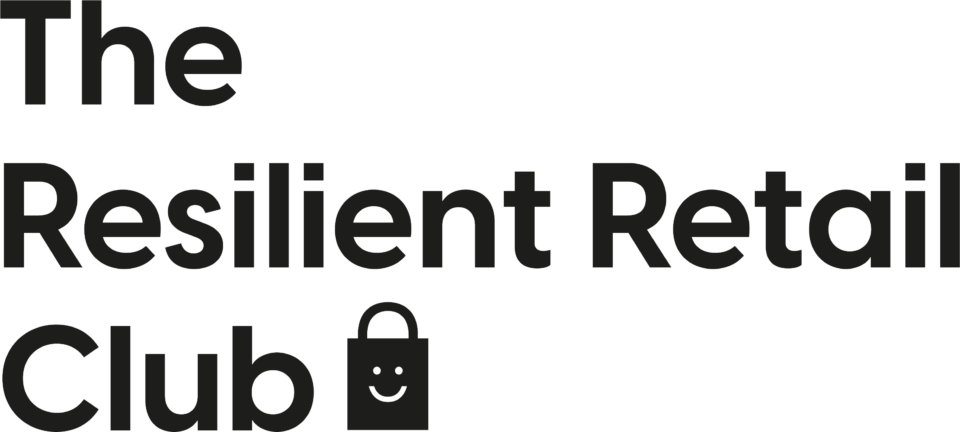During 2020 people took up new hobbies from cold water swimming to learning a musical instrument but there were a large number of people who used their new found time to plan starting their very own small business. ‘Furlough-preneurs’ were born! And what’s more many of the small businesses provided innovative solutions to enhance our daily lives in this new world – win win.
9 Juicy Tit Bits On How To Start A Small Business After Being On Furlough
So how do you make that leap from being on furlough dreaming about your small business visions to actually starting your own small business? These are my 9 juicy tit bits on how to start a small business after being on furlough.
1. Define your niche
I have said this in many of my blog posts and podcasts and that’s because it’s really important! Defining your industry or niche is the first step to starting your business – whether it’s selling clothes, biscuits or homewares – you need to carve out your unique space in that area. This ties closely with – do something you’re passionate about – when you pour your passion into your business planning your niche will start to appear.
Once you have a shortlist of your business ideas interrogate them with questions like below:
- What products do people buy the most?
- Do you have a target audience for a particular product?
- Who are your competitors on the market?
- Do you have good knowledge of products?
If you’ve done your research – you’ll find a niche you are passionate about then you can get going.
2. Choose your name!
Seems obvious right? Choosing your name links closely to finding your niche. Choosing a business name is a small but significant step to building your business. Although you can change your name later down the line, especially if you rebrand, you also don’t want to rush your choice and end up regretting it shortly after you start! Do you want to include your name or make it more generic?
Do you want your name to be specific to one type of product or a name that could be used for a business that sells a wide variety of goods? I think it’s so key that I wrote a blog post entirely on the subject – take a look – ‘How To Name your Product Or Business’.
3. Be cost effective
After being on furlough funds may be lower than hoped. Luckily there are lots of ways to be cost effective when starting your own business. For example – set up an Instagram account for your business, it really has become a go to place for shoppers searching for those unique products from independents and you can administer payments via DMs – simple! My blog post ‘How To Start A Business When You Don’t Have Any Money’ will give you many more tips on saving money when you’re just starting out.
4. Get online
As I’ve mentioned above use social media platforms to your advantage but also think about setting up a website for your business from the outset. Many companies offer a free basic website package to get you started. If the challenges of the pandemic has shown the retail industry one thing it’s being able to adapt from a bricks and mortar store and recreate that experience online.
The statistics speak for themselves – more than 63% of small businesses have a website, and around 80% of people research a website on Google before making a purchase.
According to Statista, there are over 4.5 billion active internet users. Around 4.28 million people access the internet via smartphones. Therefore, it is essential to create a user-friendly, responsive, and easy-to-navigate business website.
5. Find a good accountant
Find an accountant who has experience in small businesses, preferably small product businesses, and you will find a valuable partner for your business. Although it is likely that you will be best off starting out as a sole trader and becoming a limited company further down the line, a good accountant will be able to give you the answer the this and many more crucial questions.
Even though you have to pay for their advice, you may well make your money back in tax savings. If nothing else, you’ll have the peace of mind that everything is being handled correctly, and that is priceless.
6. Listen to motivational podcasts or talks
I’ve laboured this point before and that’s because starting your own business requires confidence in yourself and your product. There’s a vast wealth of knowledge and tried and tested business journeys already out there. Listening to other peoples experiences not only provides you with many useful tips and suggestions but it will also help build your confidence.
Understanding that even the most successful businesses faced challenges, experienced failures and came through stronger will lift your spirits on those tough days. If you need a starting point I’ll boldly recommend my own podcast – the one I wish I’d been able to listen when starting out on my own The Resilient Game Plan. This blog post might be a helpful starter ‘7 Inspiring Podcasts For Anyone Starting A Business’.
7. Know your story
You’ll be so busy and consumed with all the tasks you need to complete on the road to starting your own business that you might not take enough time to know your story. You know your story right? Have you practiced saying it out loud? Can you tell your story passionately and succinctly to a range of audiences? from customers to bank managers to suppliers to competitors. Does it convey your vision, your passion and your determination to succeed? Know this and you’ll be bouncing with confidence. My podcast episode’ ‘Sharing your journey with Manmeet Sokhi’ is helpful for this.
8. Make a plan
This is the point at which all of your ideas come together and you create a plan for who you are targeting, where you want to sell and what you expect your sales to be. Even a very basic sales plan can really help you get motivated and give you something to aim for. Make sure you note down your expectations so that you will be ready to celebrate them when you beat them! For more on sales plans, listen to my podcast episode right here.
9. Get set to launch
This is all just the beginning! There are many more practical considerations to iron out before you launch – from where you are going to sell, postage and packaging options, finalising your pricing and so much more. Want to know more on this topic? Have a listen to my podcast episode on the five things you need to know before starting an online business – right here. You can also get a full checklist of the steps to go through as you launch your business by downloading my free Start Your Business toolkit right here. All you need to do is put your email address in and you’ll be sent the toolkit.
Ready to get the toolkit? Just put your email below to receive the link.
For more information about all three of my toolkits, click here.











